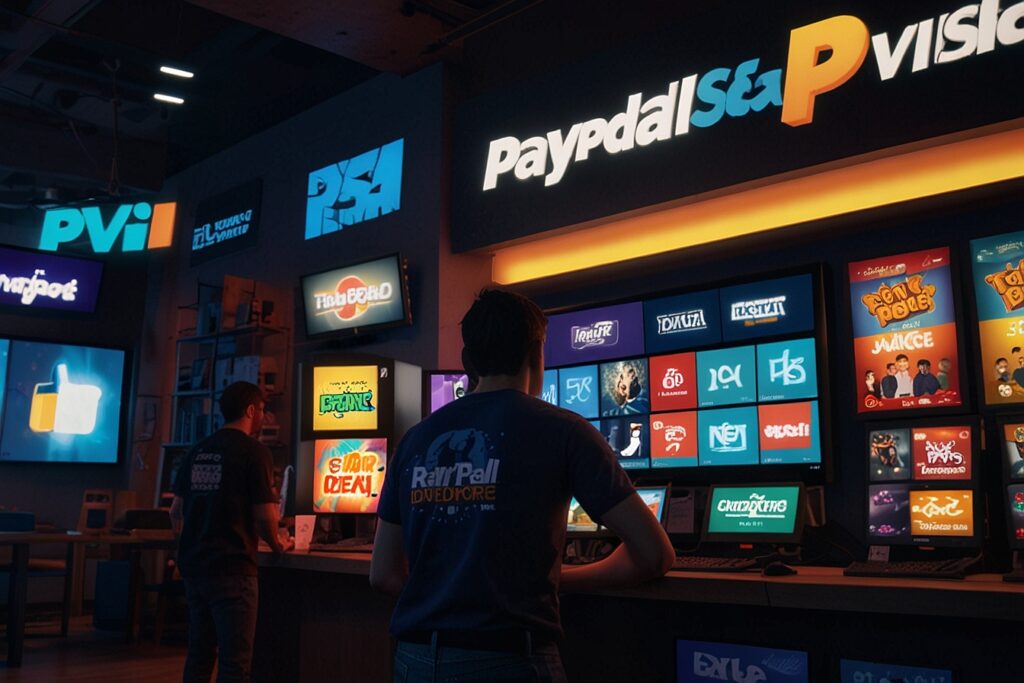
TL;DR
- Itch.io removes adult/NSFW games from search and browse pages due to payment partner pressure.
- Action follows a campaign by Collective Shout criticizing specific game content.
- Steam has taken similar steps to comply with financial network rules.
- Game developers express concern over sudden enforcement and fund forfeiture.
- Adult content remains deindexed until platform audit is complete.
Advocacy Campaign Spurs Marketplace Action
Itch.io, a leading indie game marketplace, announced this week that it has removed adult and NSFW games from its search and browse features. The company attributed this policy shift to urgent concerns raised by its payment processing partners.
The move follows an aggressive advocacy campaign by Collective Shout, a group known for criticizing the portrayal of women in media including games, music, and advertising. The group specifically targeted Itch.io and Steam for listing a controversial title called No Mercy, which features depictions of rape and incest.
In an open letter addressed to executives at PayPal, Mastercard, Visa, Collective Shout condemned the platforms for enabling payments for such content, stating it runs counter to their corporate values on ethical commerce and gender-based violence.
Steam, Itch.io Respond to Financial Risk
The campaign has had tangible results. Earlier in July, Steam updated its policy, stating it would begin banning games that could violate “rules set forth by payment processors and card networks.”
Itch.io quickly followed suit, citing the need to maintain platform stability and protect payment infrastructure. In an official statement, the company said:
“To ensure that we can continue to operate and provide a marketplace for all developers, we must prioritize our relationship with our payment partners and take immediate steps toward compliance.”
It also clarified that No Mercy had been removed in April, although its short availability had prompted backlash. The platform acted without prior notice to creators, citing the rapid escalation of the situation.
Developer Concerns Over Fund Forfeiture
The sudden removal and lack of appeal options have alarmed developers, especially those relying on NSFW content for income. Itch.io’s current terms of service include a strict zero-tolerance clause, declaring that violations:
- Result in permanent bans with no appeal process
- Trigger total forfeiture of funds, even for unrelated games
One developer summarized the impact starkly:
“If you violate the rules, we take all your money. Not just the money from that work, ALL your money from EVERYTHING you’ve ever made.”
Itch.io says it is now conducting a “comprehensive audit” of all content on its platform. Adult game listings will remain deindexed until that audit is complete. Developers will then need to verify that their content complies with the rules of the payment processors linked to their accounts.
Platform Policy Impact Overview
| Platform | Response to NSFW Content | Payment Partner Influence |
| Itch.io | Deindexed all adult games; audit underway | Strong compliance shift post-Collective Shout |
| Steam | Updated policy to restrict controversial content | Bans based on payment network standards |
| Gumroad | Restricted NSFW art in 2024 | Cited bank restrictions |
| OnlyFans | Initially banned explicit content; later reversed | Blamed banking partners |
Broader Industry Pattern
The Itch.io case echoes similar controversies around financial pressure on content platforms. In 2024, Gumroad cited payment restrictions when it tightened rules for adult creators. Likewise, OnlyFans reversed a ban on explicit content after backlash, originally blaming banking partners for the move.
A Change.org petition opposing such influence has gathered more than 137,000 verified signatures. It accuses payment companies of moral censorship, urging them to:
- Stop interfering with legal fictional content
- Reject pressure from activist groups causing moral panic
As this issue unfolds, many independent developers and creators are calling for greater transparency and due process, as the tension between commerce, expression, and content moderation continues to rise.






